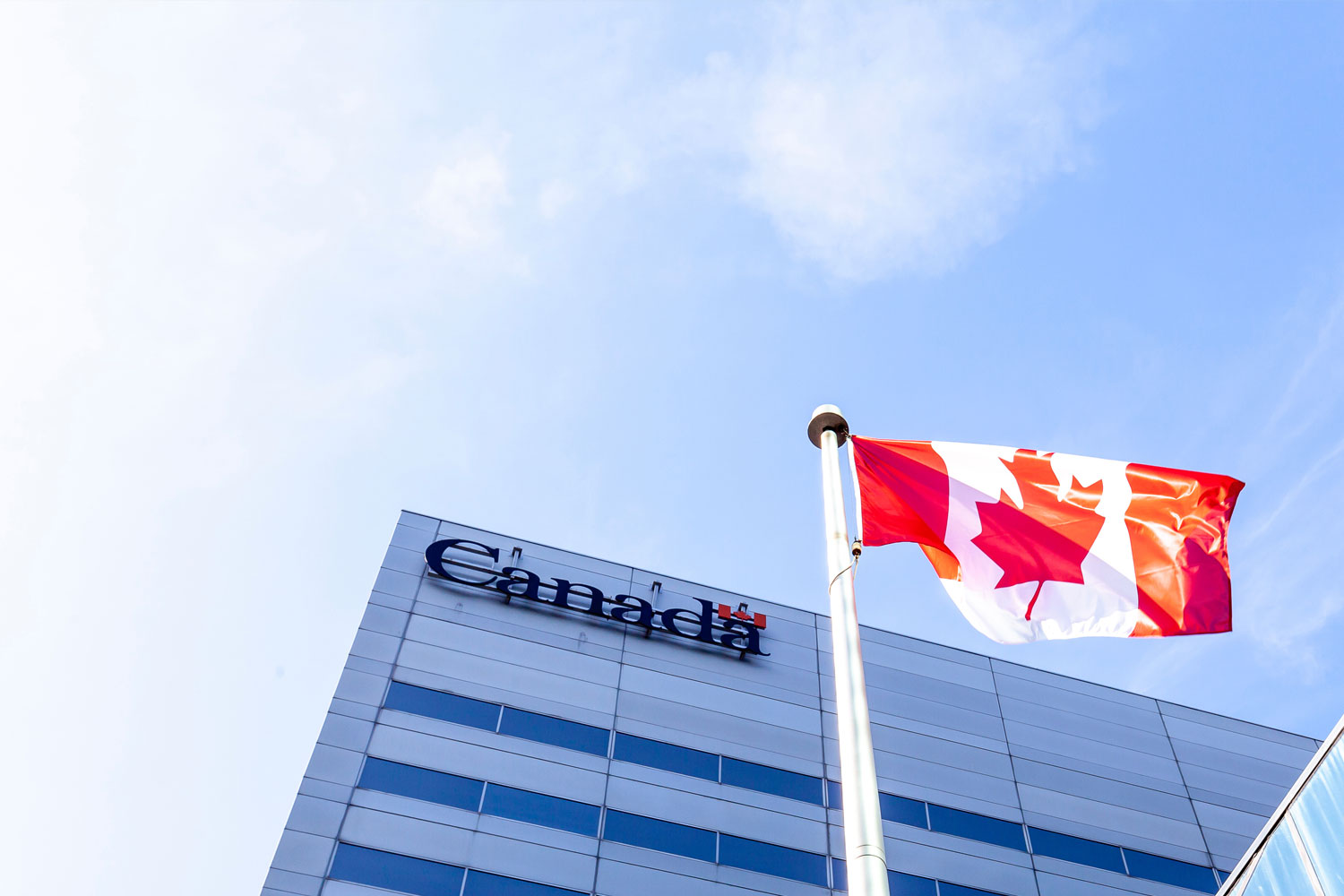The Government of Canada’s new First Home Savings Account (FHSA) is coming into effect this year. Announced in the 2022 federal budget, the FHSA is a new initiative to help Canadians save towards a downpayment on their first homes.
Although the FHSA is technically now in effect, banks are saying they have to iron out the details and won’t be offering these products until at least summertime.
What Is A First Home Savings Account?
The FHSA is a type of tax-free savings account. Canadians will be able to add up to $8,000 per year. The lifetime limit for these accounts is $40,000.
You aren’t taxed on the money you add to the account, or taxed when you take it out to buy a home.
Who Qualifies?
In order to open an FHSA, you must be a resident of Canada and 18 years of age or older. You must also be a “first-time home buyer.”
According to the Canada Revenue Agency (CRA) you qualify as a “first-time home buyer” if you have not lived in a home you have owned individually or jointly (or your spouse/partner has owned) in the last four years. The same rules apply when you withdraw the money to purchase a home.
What Kinds Of Homes Qualify?
Most homes qualify including condos, townhomes, duplexes, detached houses, and mobile homes.
According to the CRA, the only type of home that doesn’t qualify is, “a share that only provides you with a right to tenancy in the housing unit.” This likely refers to some types of co-operative housing.
Withdrawing Money From FHSAs
Ideally, you will withdraw money from your FHSA when you’re ready to buy a home. Of course, sometimes life gets in the way of even the best-laid plans.
Buying a Home
If you withdraw money from your FHSA to purchase a home, you won’t be taxed on the amount you take out. It’s also important to note that you can combine money from both an RRSP and your FHSA to put towards a down payment.
The home you buy must be in Canada and you need to be a Canadian resident at the time.
When buying, you must qualify as a first-time home buyer, and have an agreement of acquisition or completion of construction. And you can’t have bought the home more than 30 days before making the withdrawal.
You’ll also need to move in (or intend to move in) to the home one year after it is purchased or built.
If You Don’t Withdraw to Buy
You can keep an FHSA open for up to 15 years or until you turn 71, whichever comes first.
If you don’t use the money in an FHSA towards a downpayment on a home, you can transfer it into an RRSP or RRIF account without being taxed. But if you withdraw the money as cash, you do have to claim that amount as income on your taxes.
Pros And Cons
Using an FHSA is dual-purpose, helping you save on taxes while putting money away for a home.
However, there are more strings attached to an FHSA than a Tax-Free Savings Account (TFSA). If you don’t use the money to buy a home, it’s more difficult to withdraw.
In a recent Toronto Star article, financial advisor Tony Sutey explained the FHSA may not be a good option for people earning less than $50,000 per year and recommends a TFSA to those individuals instead.
The Takeaway
The FHSA will be a great way for many Canadians to finance their first homes. But, like any financial product, it may not be a good choice for everyone.
If you’re thinking about buying a home this year and want to explore your options, drop us a line! Buying a home is always easier with experienced professionals in your corner.
Share this article
Kelly Wilson
Kelly Wilson, a top national mortgage producer, has dedicated 19 years to customizing financial solutions for clients across Canada. Her strategic approach has facilitated over $1 billion in mortgage funding. Starting her real estate investment journey at 21, she now holds $11 million in assets. Kelly's mission is empowering clients to achieve financial freedom and sustainable wealth.




